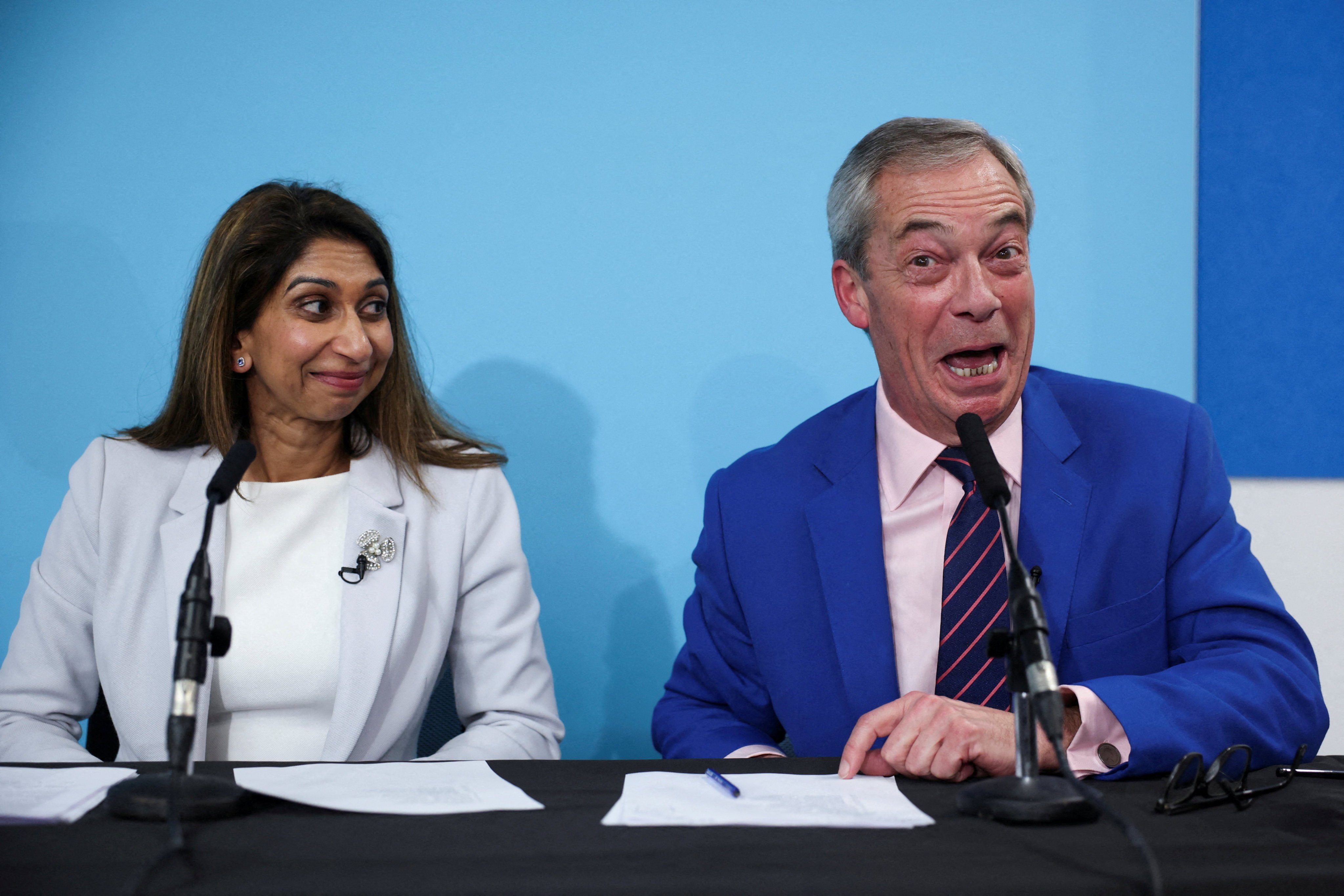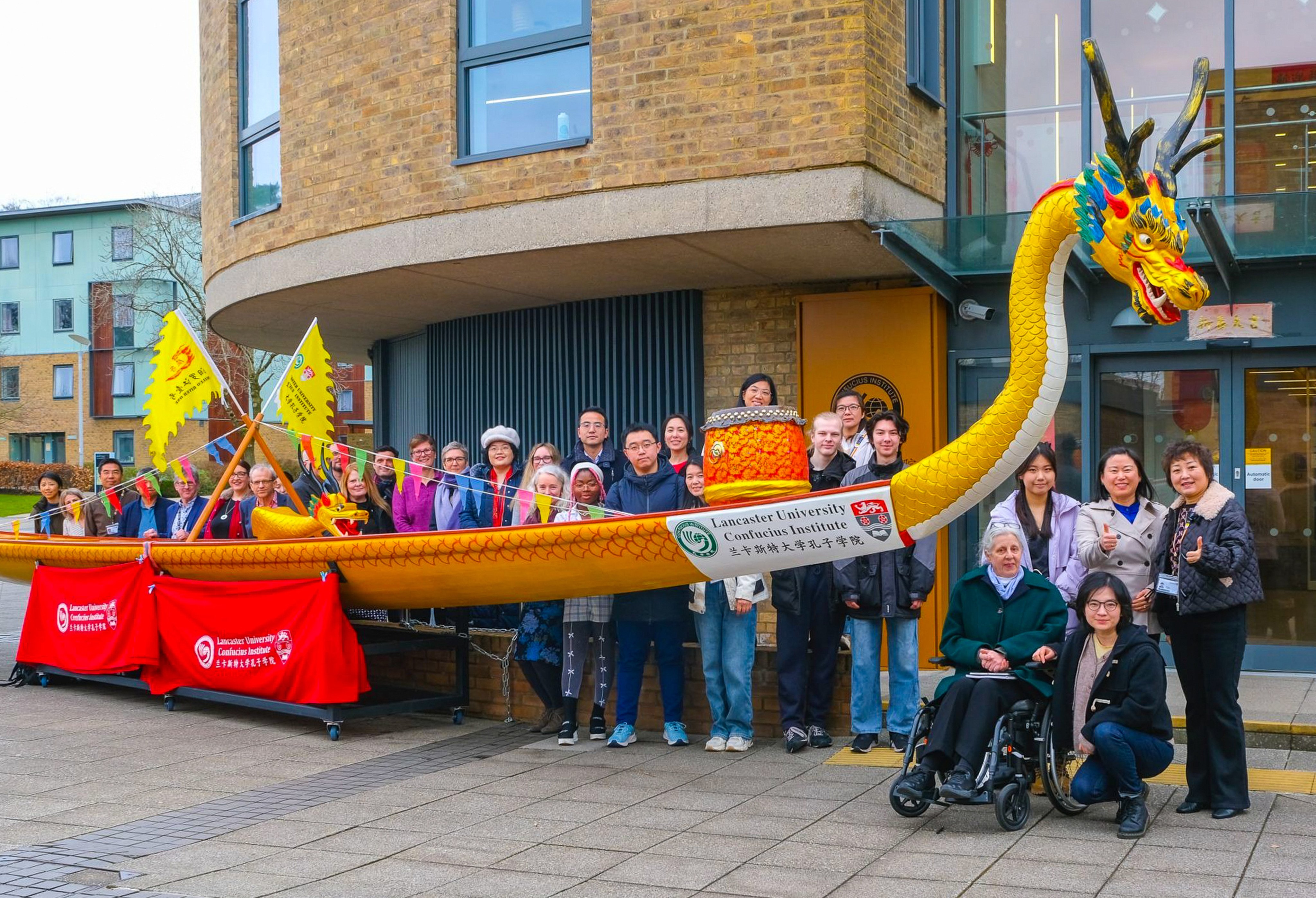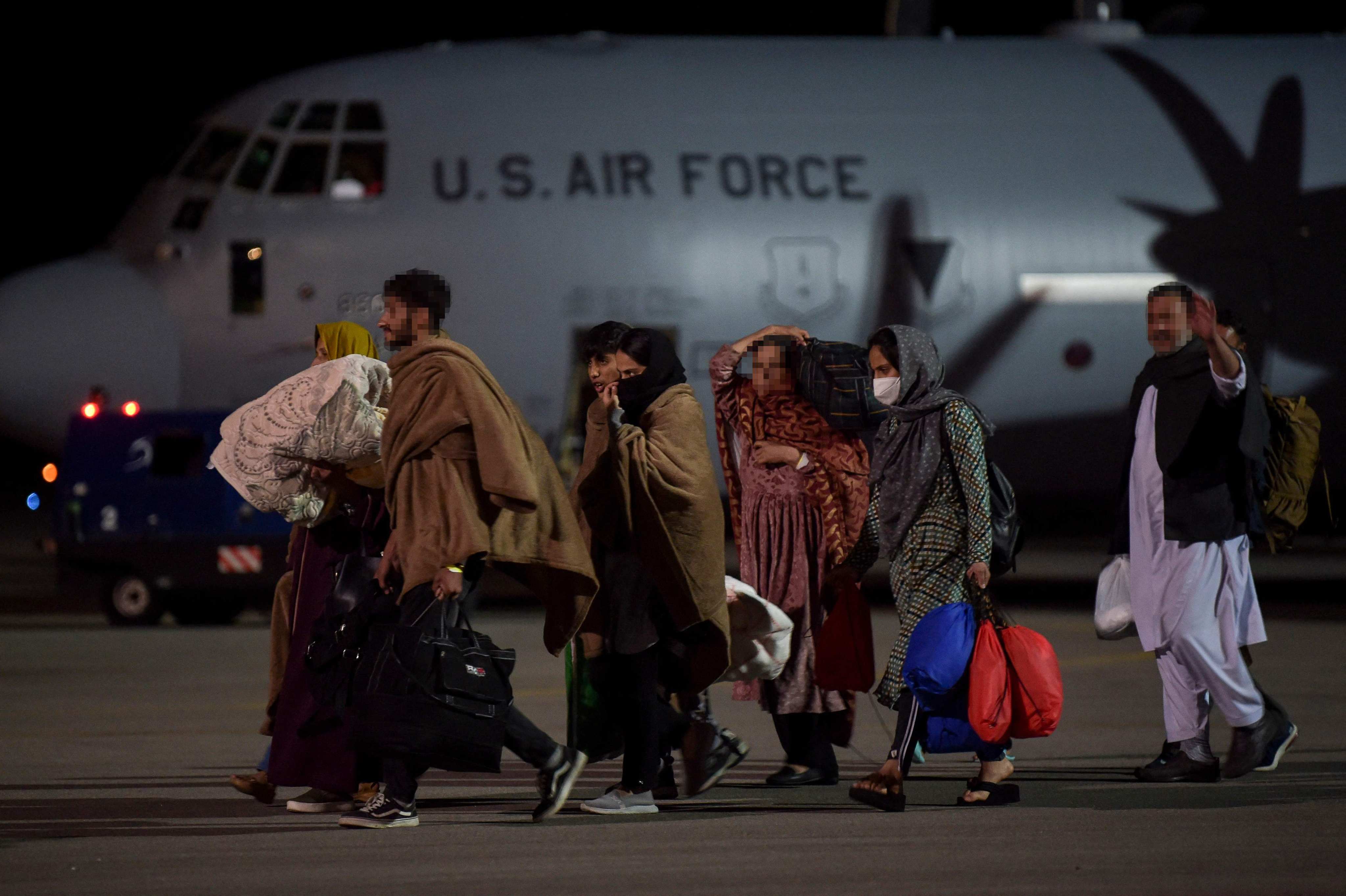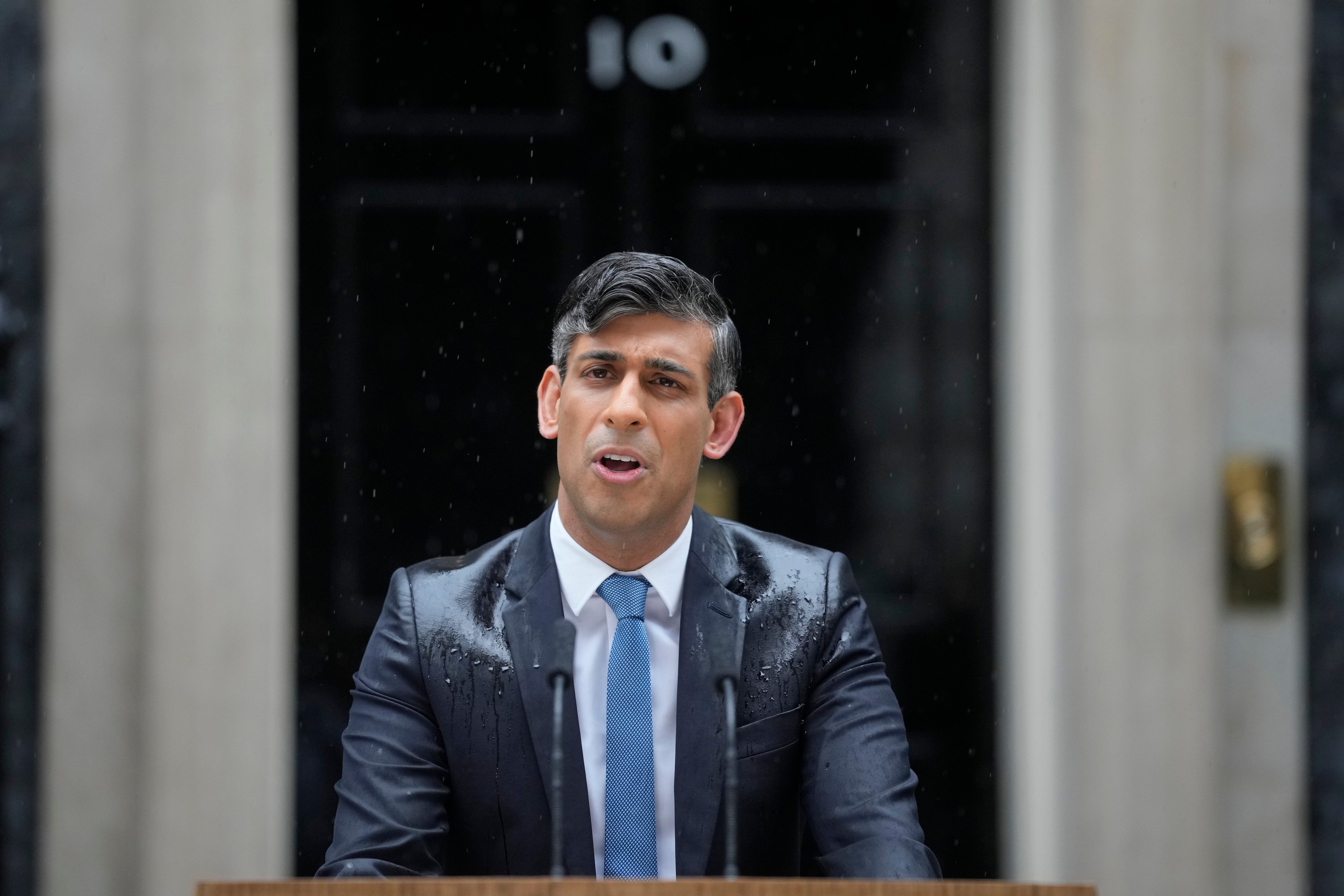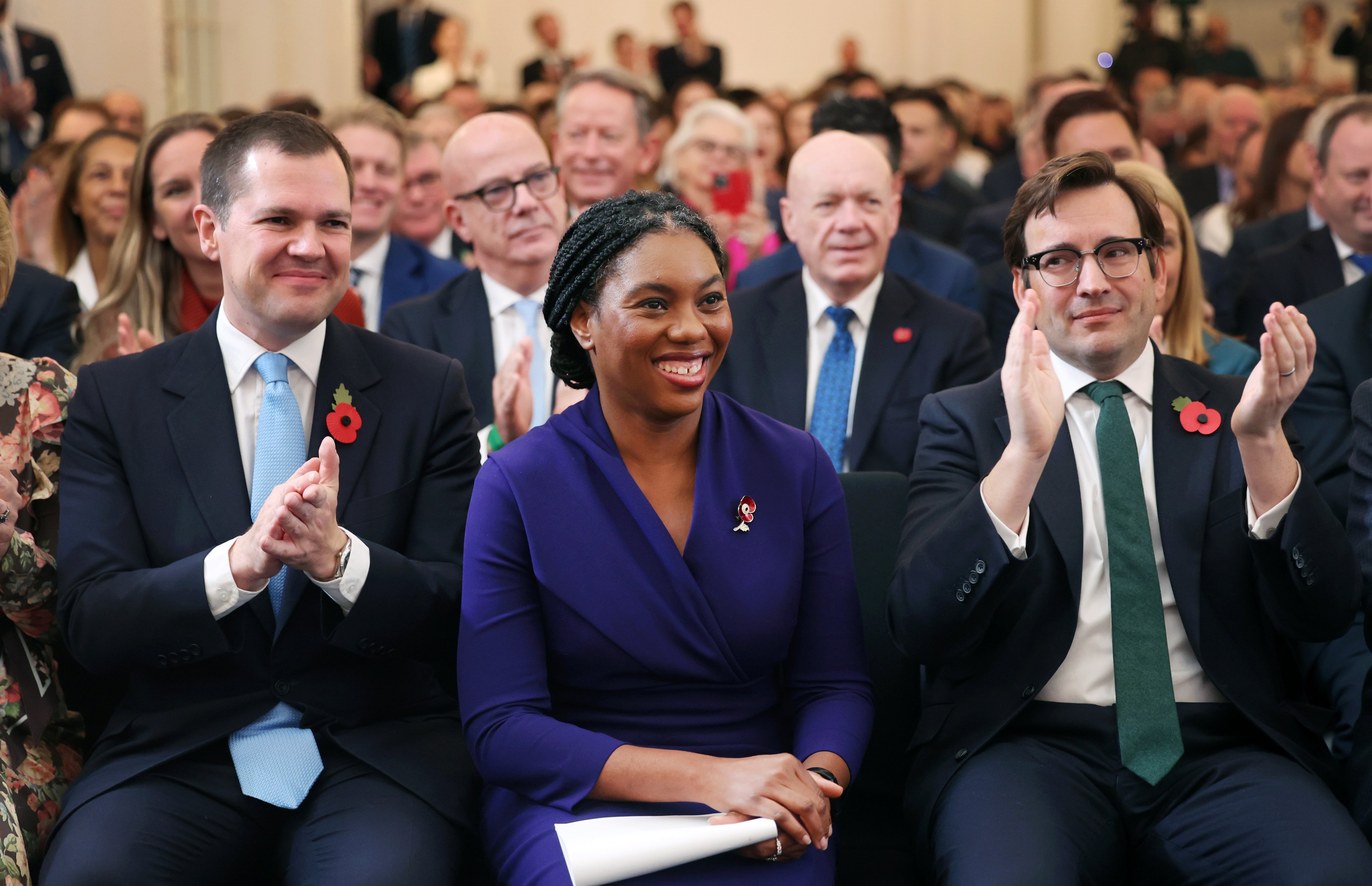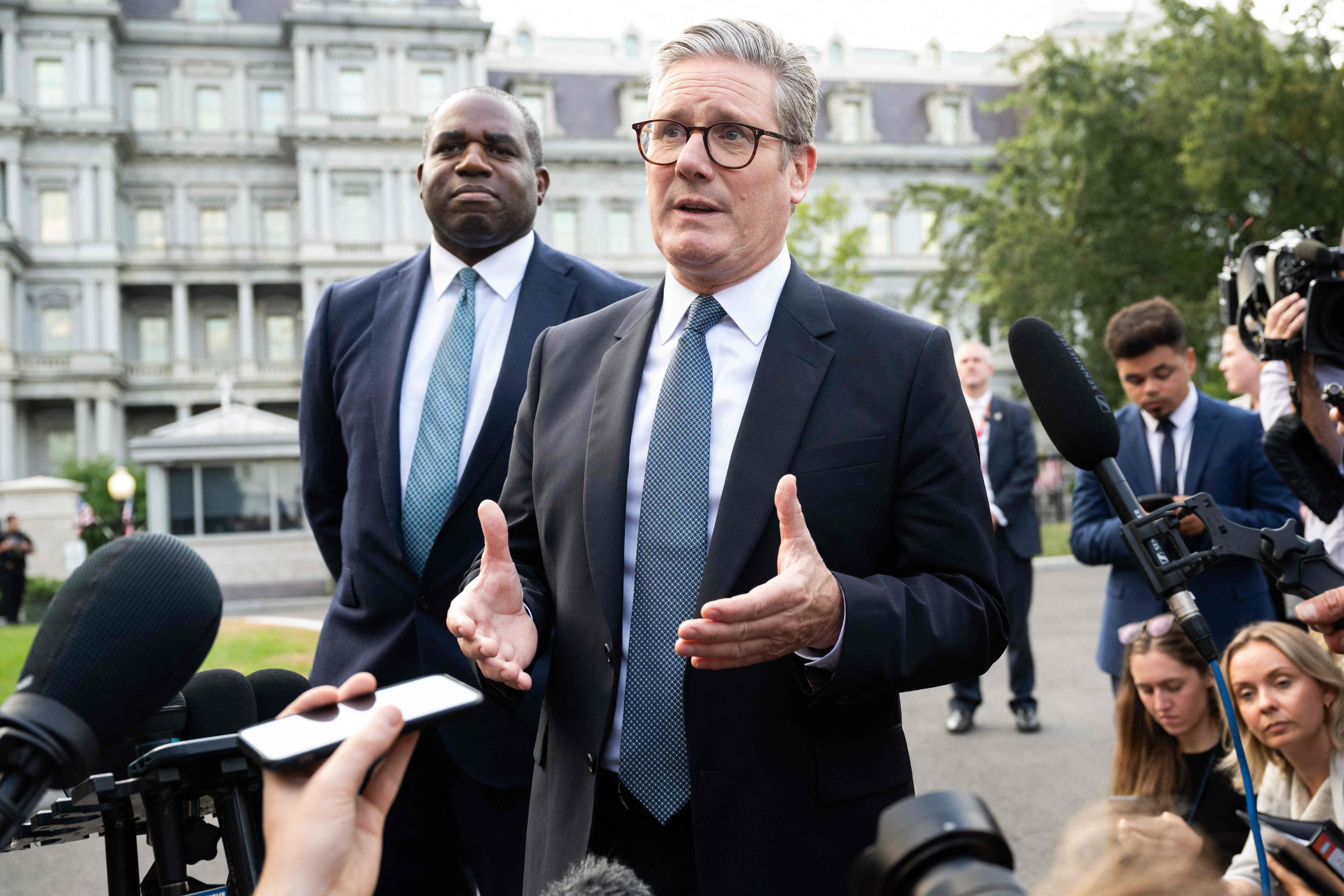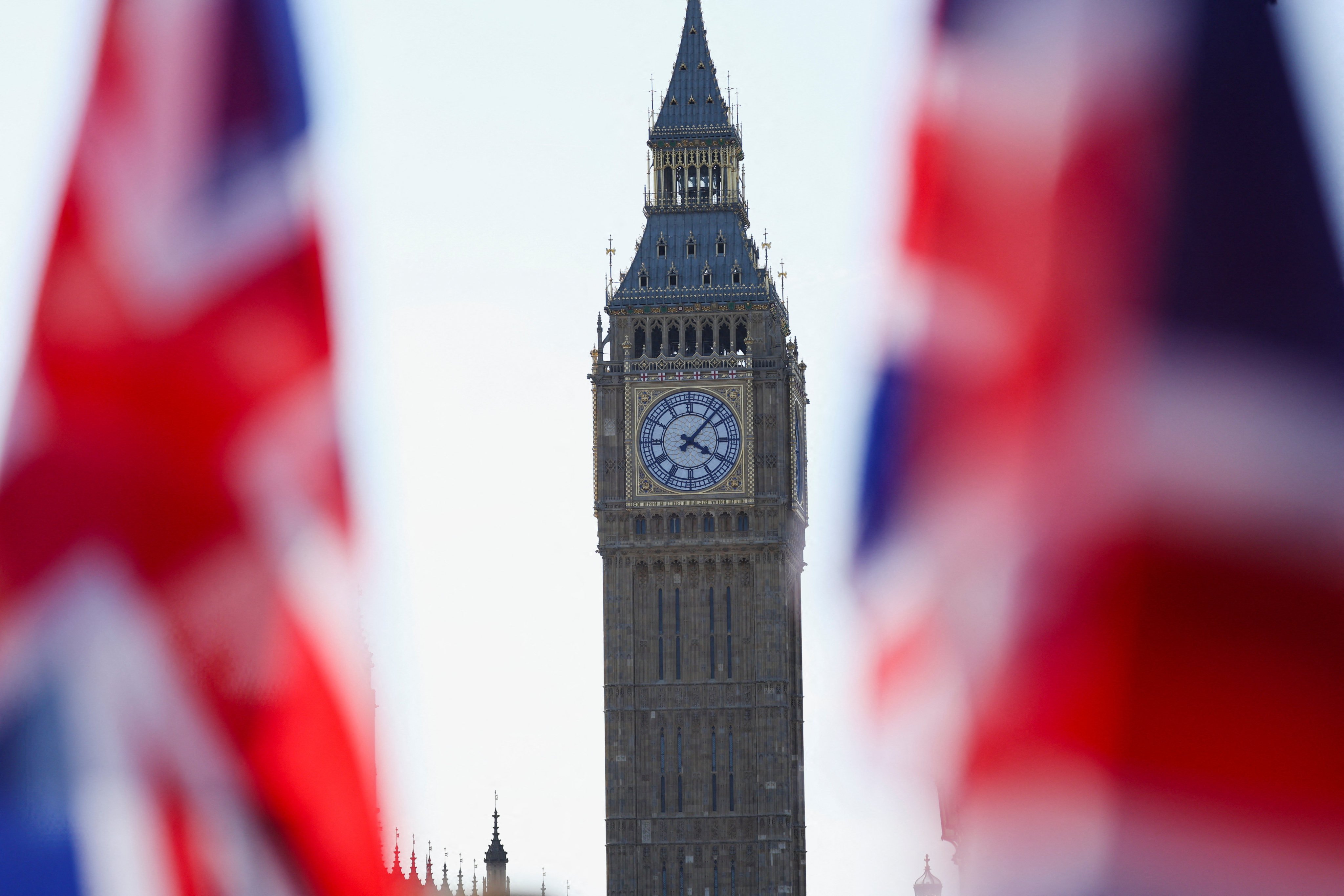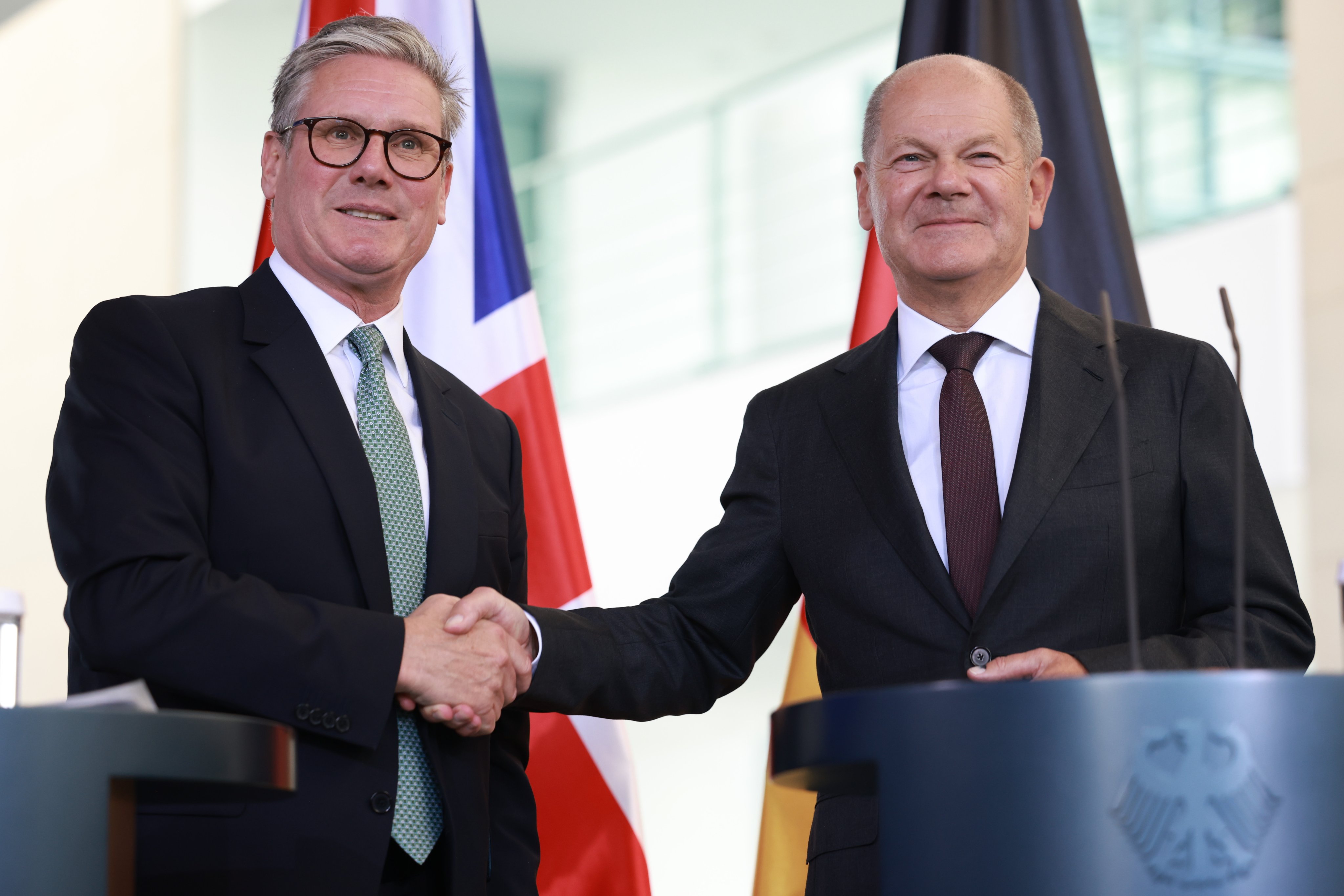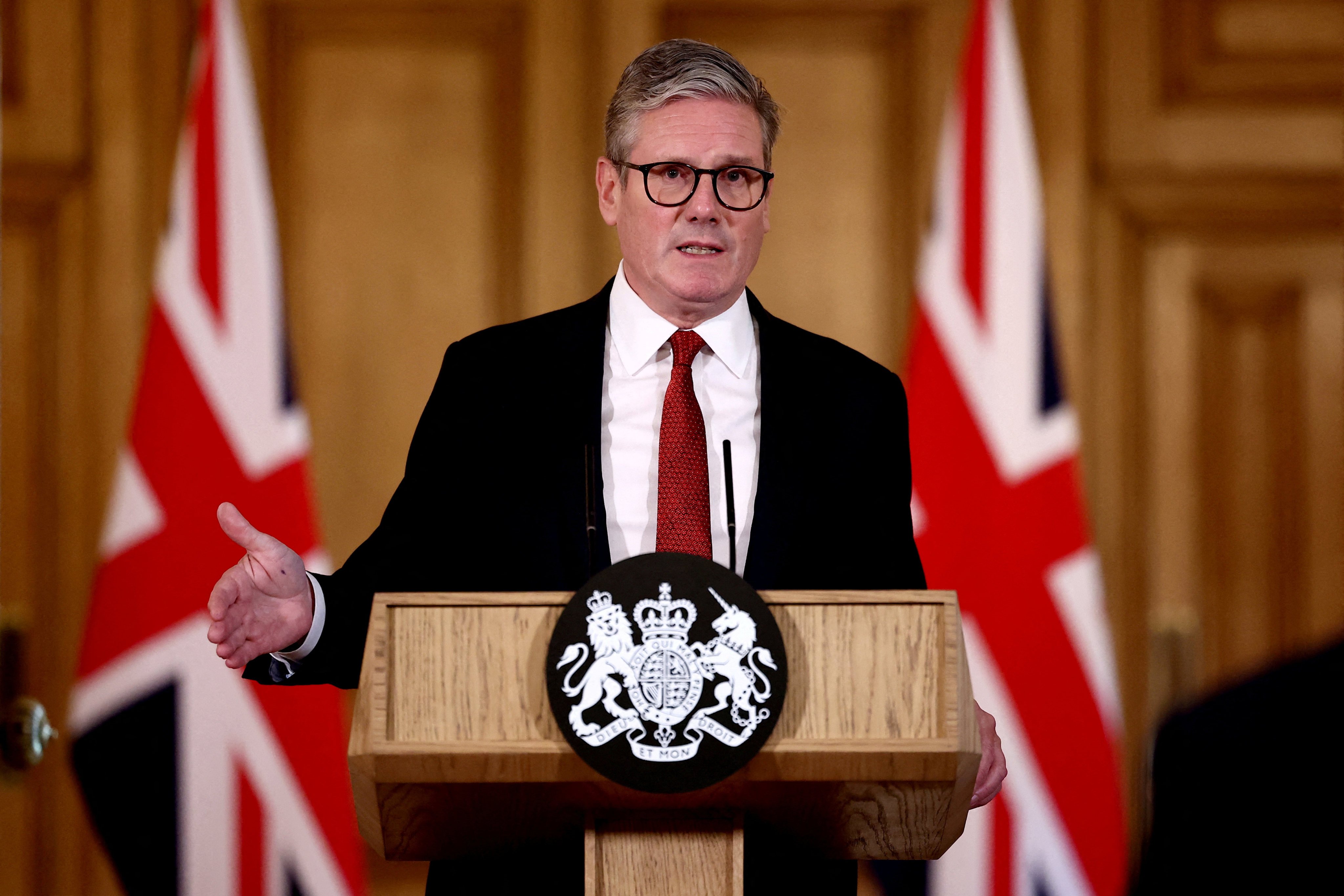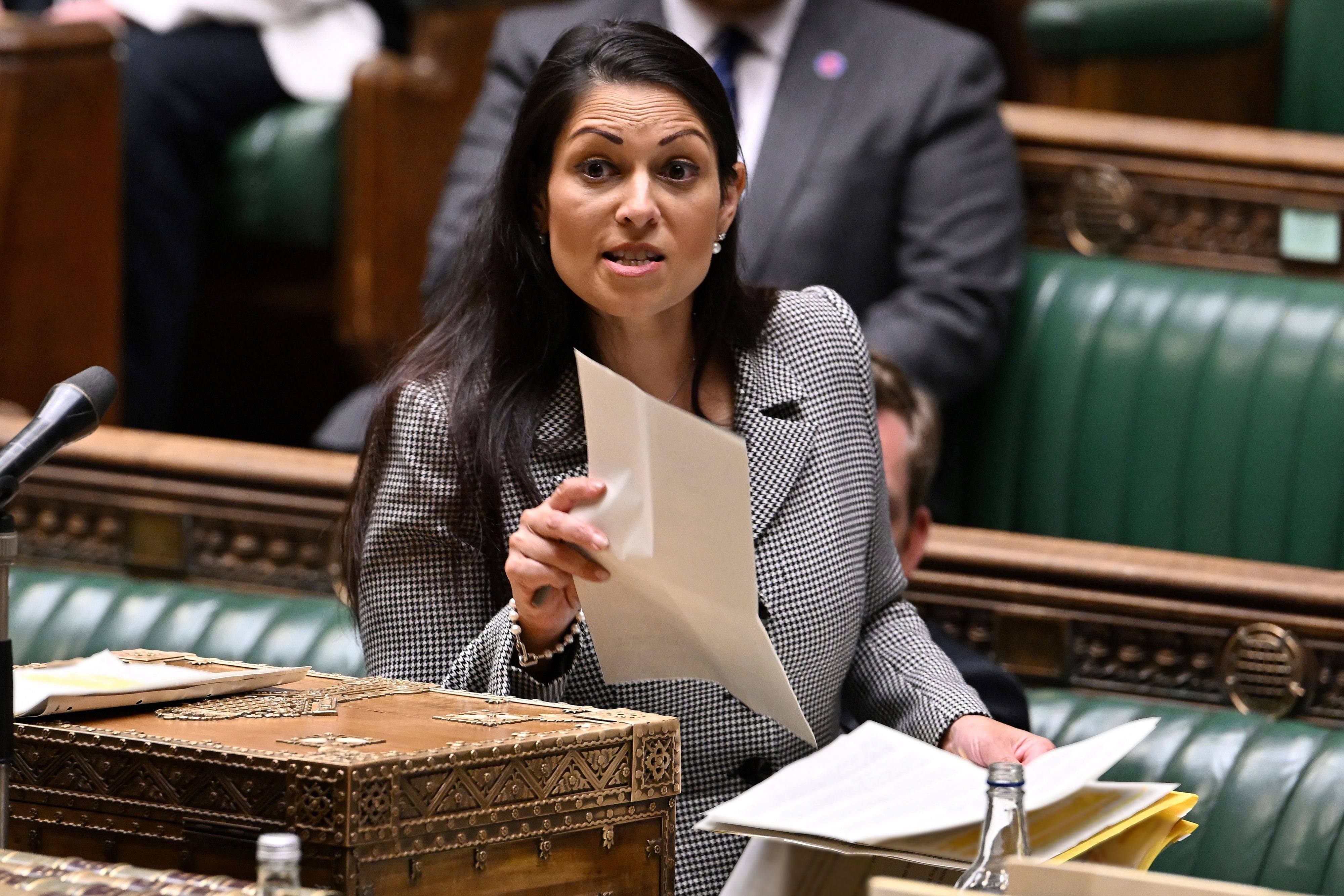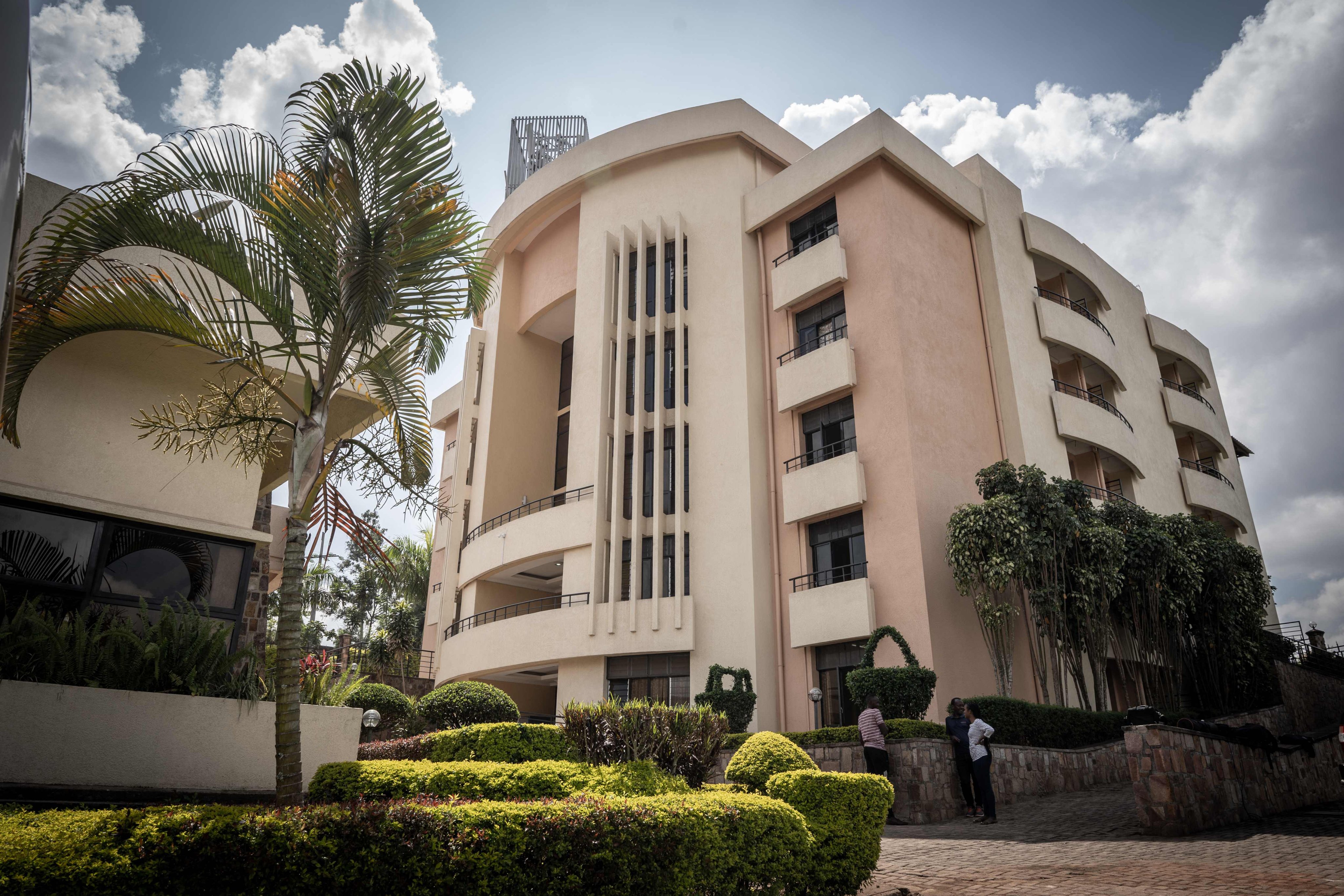Advertisement
Advertisement

TOPIC
/ people
Rishi Sunak

Rishi Sunak
Rishi Sunak was elected leader of Britain's Conservative Party on October 23, 2022, following the resignation of his predecessor, Liz Truss. He is the country's first prime minister of Asian heritage. Sunak had previously worked as Chancellor of the Exchequer from February 2020 to July 2022 under Boris Johnson. Sunak resigned, along with 61 other members of Johnson's government, after the then-PM became embroiled in a series of scandals.
Born
12 May 1980
Industry
Politics
Job Title
Former Prime Minister of Britain
Help preserve 120 years of quality journalism.
SUPPORT NOWAdvertisement
Advertisement
Advertisement
Advertisement
Advertisement
Advertisement
Advertisement
Advertisement
Advertisement
Advertisement
Advertisement
Advertisement
